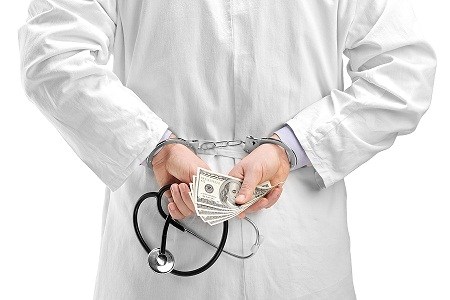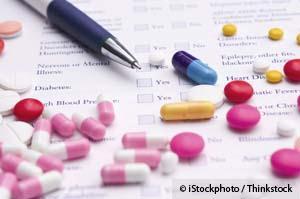Institutional Corruption of Pharmaceuticals and the Drug Safety Myth
20 percent of all corporate crime is committed in the pharmaceutical industry. A recent report on the "institutional corruption" of pharmaceuticals was published the Journal of Law, Medicine and Ethics. “Institutional corruption” does not refer to any violation of existing rules or laws. Rather it refers to “a certain kind of influence, within an economy of influence, that has a certain effect”. An activity is considered institutional corruption if it weakens the effectiveness of an institution, and/or weakens public trust in that institution. Institutional corruption is rife within the pharmaceutical industry and its regulatory agencies. The consequences of institutional corruption include millions of adverse reactions each year, and at least 128,000 deaths as a direct result of adverse drug reactions within the hospital setting alone. When deaths related to diagnostic errors, errors of omission, and failure to follow guidelines are included, the number skyrockets to an estimated 440,000 preventable hospital deaths each year. That makes preventable medical errors the third-leading cause of death in the US, right after heart disease and cancer, and hospital-based lethal adverse drug reactions are the fourth leading cause of death.





